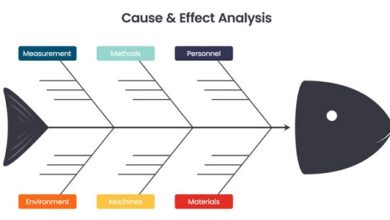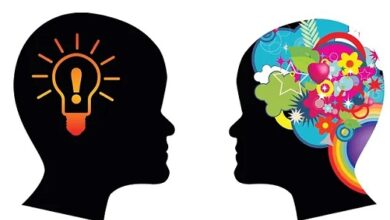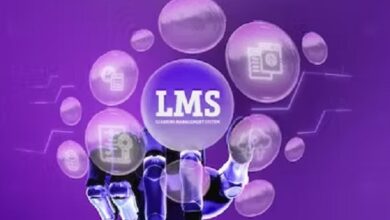Economics/Business
Economics
Economics is the social science that studies how individuals, businesses, governments, and societies allocate scarce resources to satisfy their unlimited wants and needs. It is concerned with the production, distribution, and consumption of goods and services, and the decisions and behaviors of individuals and institutions that shape these processes.
By reading the intensive articles of Englopedia.com you will grasp that it is a broad field that encompasses various branches and subfields, including microeconomics, macroeconomics, international economics, labor economics, behavioral economics, and many others. Microeconomics focuses on the behavior of individuals and firms, while macroeconomics looks at the overall performance of the economy, including issues such as inflation, unemployment, and economic growth. International economics examines the flow of goods, services, and capital across borders, while labor economics focuses on the behavior of workers and employers in the labor market.
Englopedia will make you aware that Economists use a range of tools and techniques, such as mathematical modeling, statistical analysis, and experimental methods, to study and analyze economic phenomena. They aim to understand how markets work, how individuals and institutions make decisions, and how public policies and institutions impact economic outcomes.
Through the leading articles of Englopedia you will realize that Economics has significant implications for individuals, businesses, governments, and societies, as it can inform decisions related to investments, production, taxation, trade, and social welfare policies. It is a crucial field of study for understanding the functioning and dynamics of modern economies and for addressing pressing global issues, such as inequality, climate change, and economic development.
-

Employee accountability its impacts and How to structure
What is employee accountability? Employee accountability is very common and even mandatory in some types of organizations, such as public companies,…
Read More » -

What is a structured interview its Benefits and Disadvantages
What is a structured interview? The structured interview is an interview model that follows a pre-established script, with questions already…
Read More » -

What are digital skills its importance development competencies
What are digital skills Digital skills are the set of skills a person has to deal with devices, systems and other…
Read More » -

Ishikawa diagram example its origin making and steps for building
What is Ishikawa Diagram? In this piece of information we will make you known about Ishikawa diagram example its origin…
Read More » -

Social Emotional Skills definition with 3 groups main skills and impact
What are socio-emotional skills? In this article we will provide you the Social Emotional Skills definition with 3 groups main…
Read More » -

Behavioral management definition with importance challenges and tools
What is behavioral management? The definition of Behavioral management is a management method widely used in recent years whose main…
Read More » -

Learning management system definition its Advantages types and features
What is an LMS system? The definition LMS ( Learning management system) is an education system that aims to facilitate…
Read More » -

Workforce management definition its benefits and Future workforce management
Workforce management In this piece of writing we will make you aware about Workforce management definition its benefits and Future…
Read More » -

Characteristics of high potential employees and high performance and Benefits
What are high potential employees? In this piece of writing we will impart you the Characteristics of high potential employees…
Read More » -

What is work breakdown structure benefits Creation and development
What is WBS? WBS is an acronym that stands for Work Breakdown Structure. Maybe, with the full name, it’s easy to…
Read More »